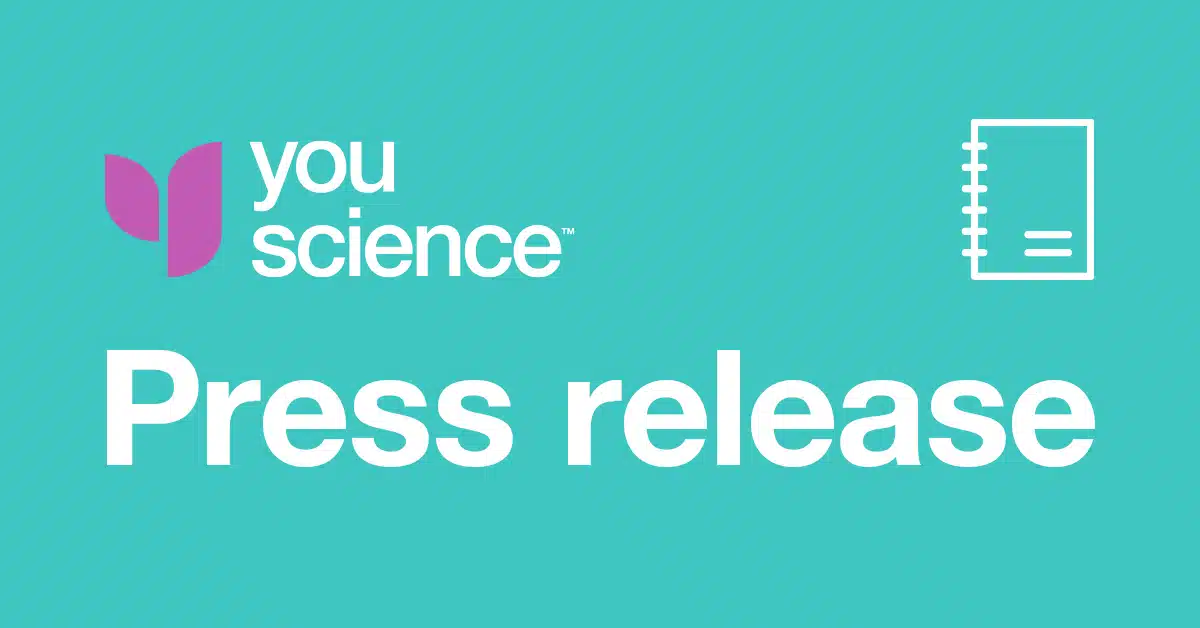Annual research into educational relevance and post-high school graduation preparedness reveals shifting trends in post-secondary choices, influence factors, and the need for aptitude-based guidance
The report, based on a nationwide online survey encompassing more than 500 students from the high school graduating classes of 2020, 2021, 2022, and 2023, highlights the evolving trajectories of postsecondary education, the driving forces behind these changes, and the growing necessity for more personalized guidance in today’s swiftly evolving educational and workforce environments. In a time when industry leaders grapple with talent shortages and nearly six million Americans remain unemployed, this survey emphasizes the critical importance of enhancing the education and engagement of our future workforce.
Key findings of the report include:
The decision to pursue alternative post-secondary options hints at an evolving postsecondary landscape.
- 27% of respondents in the class of 2023 reported attending a 2-year college, while 13% are working as part of a career plan, 9% have no plan, 7% are attending trade or technical school, 8% are taking time off and/or gap year(s) and 5% are joining the military.
There’s a pressing need to raise awareness of the variety of postsecondary career or educational opportunities at the high school level.
- 30% of the class of 2023 graduates were unaware of available Career and Technical Education (CTE) programs.
A breakdown in student-educator communication may be a factor behind the lack of CTE program awareness.
- 65% of the Class of 2023 graduates had five or fewer conversations with teachers or counselors about post-high school choices.
- Over half (51%) of the class of 2023 cited ‘family members’ as their primary influence on their path.
High school graduates feel uncertain about their current chosen pathways.
- Nearly one-third (31%) of the class of 2023 are not sure they are where they want to be in their education or career path.
- 34% of those who graduated from 2020-22 expressed similar uncertainty.
- 64% of students who graduated from high school from 2020-23, reported changing their major since their initial selection and 45% reported changing their major two or more times.
During their middle and high school years, students are encouraged to shape their educational and career paths through courses that provide a foundational knowledge base. However, a common issue arises when students make these decisions without a clear understanding of their own strengths, often resulting in post-graduation dissatisfaction and disengagement. The research also found that for two consecutive years:
- 83% of respondents wished they understood their natural aptitudes better, as it would have increased their engagement in learning
- Only 33% of the class of 2023, unfortunately, reported regular exposure to various post-graduation career options. This highlights a gap in exposing students to various education and career choices.
“Empowering students with a deeper understanding of their unique strengths enables them to proactively plan their future and make well-informed post-graduation decisions,” said Edson Barton, Founder and CEO of YouScience. “Our research highlights the urgency of providing students with more individualized guidance and exposure to diverse pathways. By arming our students with aptitude-based guidance and insight into a wider variety of potential careers. earlier and more effectively, we can instill the confidence needed to navigate through high school, postsecondary and career, and ultimately set them up for future success.”
To address the need for more personalized student pathways and guidance YouScience offers the following recommendations:
- Utilize aptitude and interest assessments
- Institute collaborative planning
- Use interdisciplinary teaching approaches
- Introduce career-connected learning
- Utilize education-to-career tools and solutions
- Leverage industry-recognized certifications
- Implement work-based learning, internships, and apprenticeships
For more insights and greater detail on these recommendations, please see the full report here.
Part two of the report with additional findings will be released in the coming months.
About YouScience:
YouScience® is the leading technology provider dedicated to solving the skills gap crisis for students and employers. Its end-to-end platform, YouScience® Brightpath, connects education with career applications designed to help students unlock their potential for future pathways. YouScience leverages proven research, artificial intelligence, and industry input to help individuals identify their natural talents, validate their skills and knowledge, and get matched with real-world educational and career pathways in high-demand occupations. YouScience is the preferred choice of individuals, parents, educators, and counselors to guide and support educational and career pathways, currently serving more than 7,000 educational institutions and nearly one million users.

